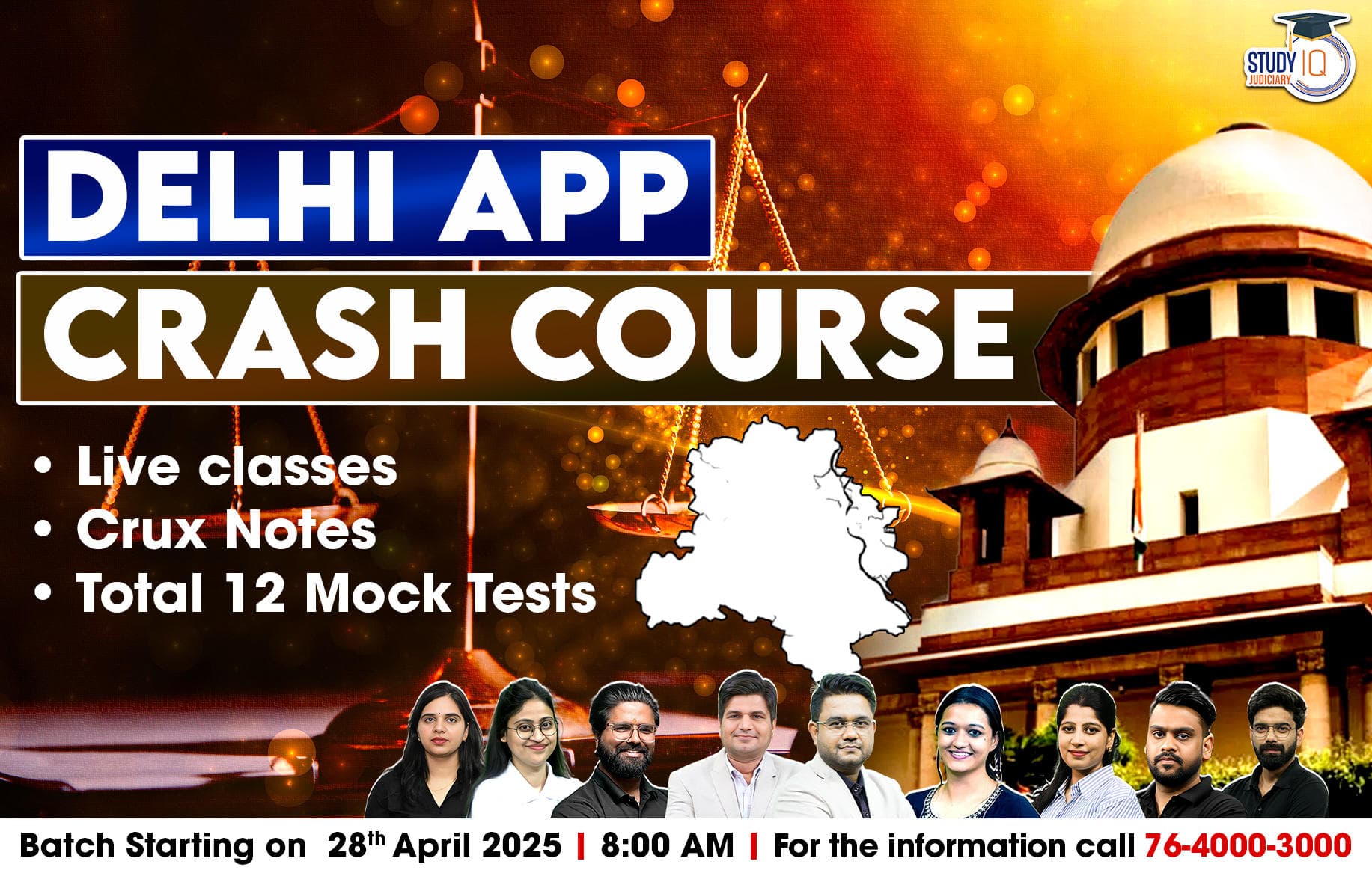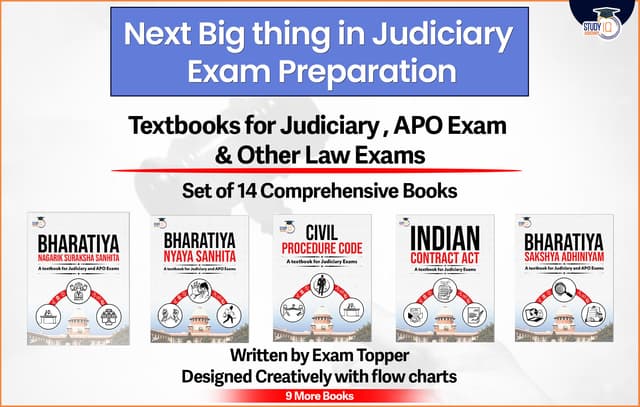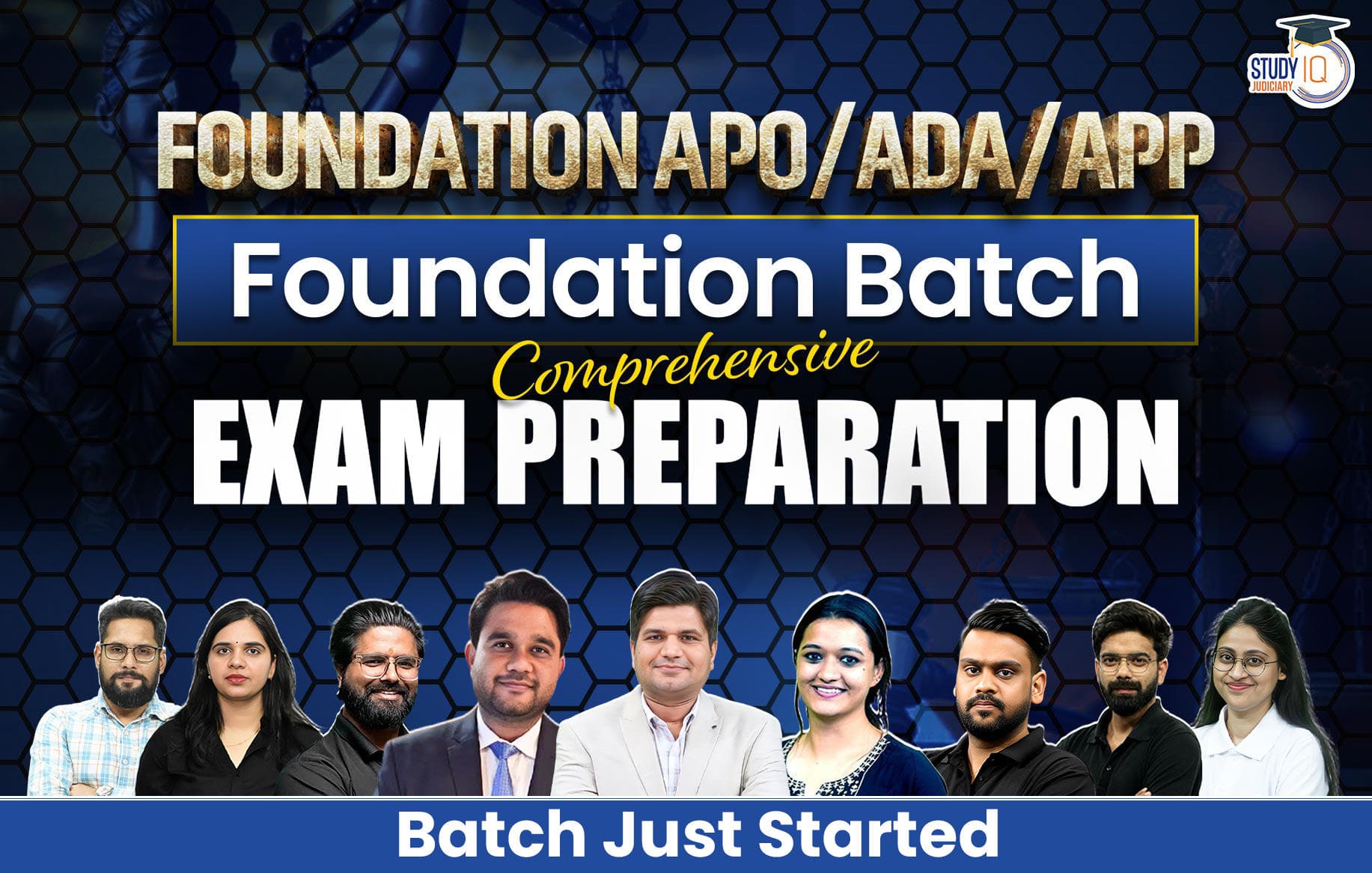Table of Contents
The Delhi High Court releases the Delhi Judiciary Syllabus along with the official notification. Candidates who can prepare for the Delhi Judiciary Exam should refer to the syllabus. The DJS Syllabus is divided into two Prelims and Mains exams that cover a wide range of legal and non-legal subjects, aiming to assess a candidate’s general knowledge, legal aptitude, analytical skills, and understanding of the Indian legal systems. This examination garners significant interest from law graduates who aspire to serve as judges within the Delhi Judicial Services.
Delhi Judiciary Syllabus 2024
The Delhi Judiciary Exam comprises several phases, evaluating candidates on their proficiency in Indian law, civil and criminal procedure codes, and other legal dimensions. Those who pass the exam are appointed as judicial officers in the subordinate judiciary of Delhi. It is crucial to be familiar with the Delhi Judiciary syllabus for all three phases of the Delhi Judiciary Exam 2024 in detail.
- Preliminary Examination (Objective type with 25% negative marking):
- This stage features multiple-choice questions with negative markings.
- It serves as the initial screening process.
- Mains Examination (Written Exam):
- In the main phase, candidates encounter written exams that delve deeper into the subject matter.
- The marking scheme and the type of questions are distinct from the preliminary exam.
- Interview:
- The final phase is the viva voice or interview, where candidates’ communication skills and legal knowledge are assessed.
While there are common topics between the preliminary and main exams, it’s essential to recognize the variations in question types and marking schemes for each examination stage.
DJS Prelims Syllabus
- General Knowledge
- Current Affairs
- English Language
- The Constitution of India
- The Indian Evidence Act, 1872
- The Limitation Act, 1963
- The Code of Civil Procedure, 1908
- The Code of Criminal Procedure, 1973
- The Indian Penal Code, 1860
- The Indian Contract Act, 1872
- The Limited Liability Partnership Act, 2008
- The Arbitration and Conciliation Act, 1996
- The Specific Relief Act, 1963
- The Protection of Children from Sexual Offences Act (POCSO Act), 2012
- The Commercial Courts Act, 2015
DJS Mains Syllabus
- Paper I: General Knowledge & Language (Marks – 250)
- Section I: General Knowledge & Current Affairs
- Section II: Language (Essay Writing, Precis Writing, Translation)
- Paper II: Civil Law I (Marks – 200)
- The Indian Contract Act, 1872
- The Sale of Goods Act, 1930
- The Transfer of Property Act, 1882
- The Specific Relief Act, 1963
- Hindu Law
- Mohammedan Law
- The Delhi Rent Control Act, 1958
- Law of Torts
- The New Delhi Municipal Council Act, 1994
- The Delhi Municipal Corporation Act, 1957
- The Commercial Courts Act, 2015
- Paper III: Civil Law II (Marks – 200)
- The Code of Civil Procedure, 1908
- The Indian Evidence Act, 1872
- The Limitation Act, 1963
- The Registration Act, 1908
- The Arbitration and Conciliation Act, 1996
- The Trade Marks Act, 1999
- The Copyright Act, 1957
- Paper IV: Criminal Law (Marks – 200)
- The Indian Penal Code, 1860
- The Code of Criminal Procedure, 1973
- The Indian Evidence Act, 1872
- The Juvenile Justice (Care and Protection of Children) Act, 2015
- The Negotiable Instruments Act, 1881
- The Sexual Harassment of Women at Workplace (Prevention, Prohibition and Redressal) Act, 2013
- The Protection of Women from Domestic Violence Act, 2005
Delhi Judiciary Viva Voce Syllabus
Regarding the Viva Voce Syllabus for the Delhi Judiciary Exam’s final stage:
- Assessment of Legal Knowledge:
- The Viva-voce interview evaluates your depth of understanding of current legal affairs and the legal system.
- Examiners may inquire about your knowledge of recent legal developments and landmark cases.
- Communication Skills and Reasoning Ability:
- The interview also assesses your ability to articulate legal concepts and reasoning effectively.
- Effective communication and the ability to present arguments logically are important.
- Personality Traits:
- Your demeanour, conduct, and personality traits may be considered during the viva voce.
- Practical Application of Legal Knowledge:
- You may be asked to apply legal principles to practical scenarios or cases.
- Demonstrating your ability to analyze and solve legal problems is crucial.
- Minimum Marks Required:
- For candidates in the general category, a minimum of 50% marks in the viva voce is needed to be considered for an appointment to the Delhi Judiciary Service.
- Reserved Category Requirement:
- If you belong to a reserved category, securing a minimum of 45% marks in the viva voce is required for final selection.
- Calculation of Final Merit:
- To determine the final merit list, the authorities will aggregate the marks obtained in the main examination and the viva voce interview.
The Viva Voce stage of the Delhi Judiciary Exam is not only an assessment of your legal knowledge but also your ability to express your understanding, reasoning, and personality traits effectively in a legal context.

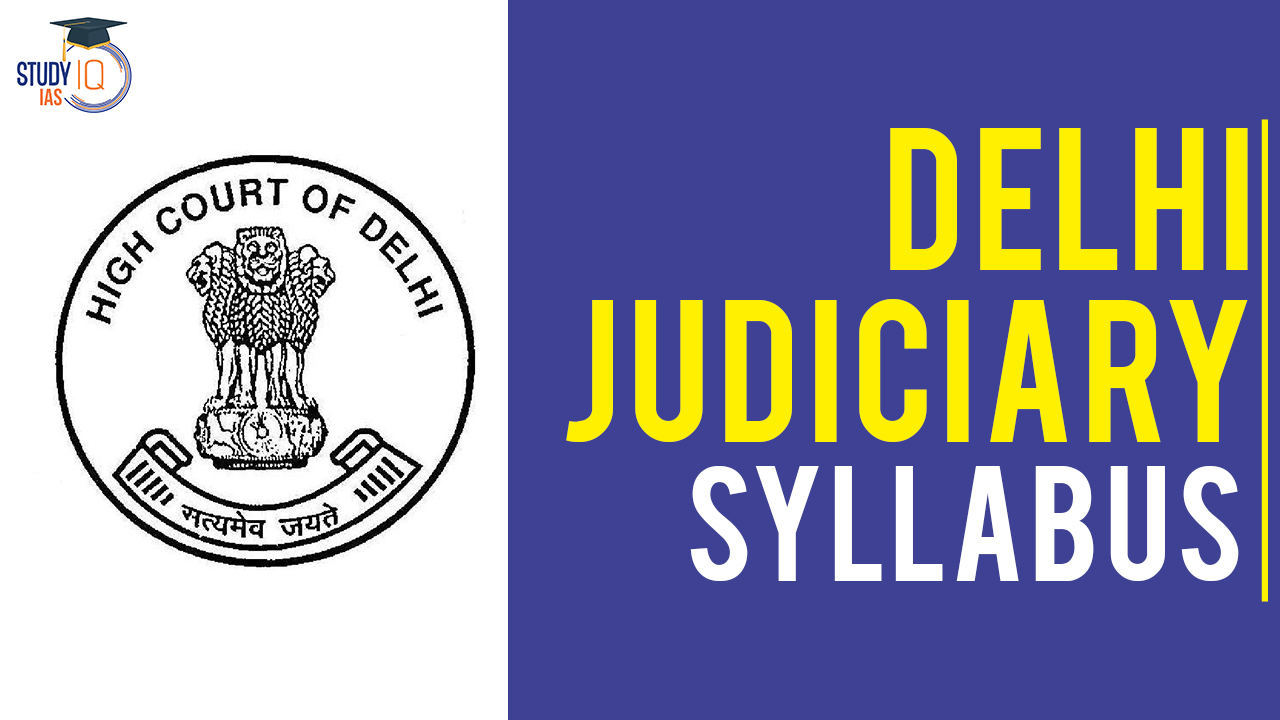
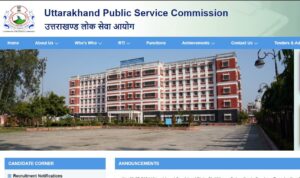 UKPSC Answer Key 2025 Out (Official): Do...
UKPSC Answer Key 2025 Out (Official): Do...
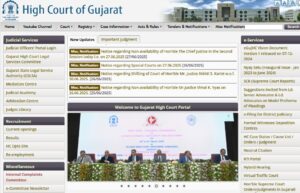 Gujarat Judiciary 2025 Solved Question P...
Gujarat Judiciary 2025 Solved Question P...
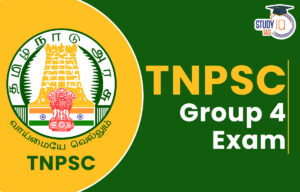 TNPSC Group 4 Exam Date 2025 Out: Check ...
TNPSC Group 4 Exam Date 2025 Out: Check ...

